Funded Projects
- Academic-led projects to advance the adoption or accelerate the commercial exploitation of silicon photonics.
- 5 funded projects
- Total value = £460k
Funded projects
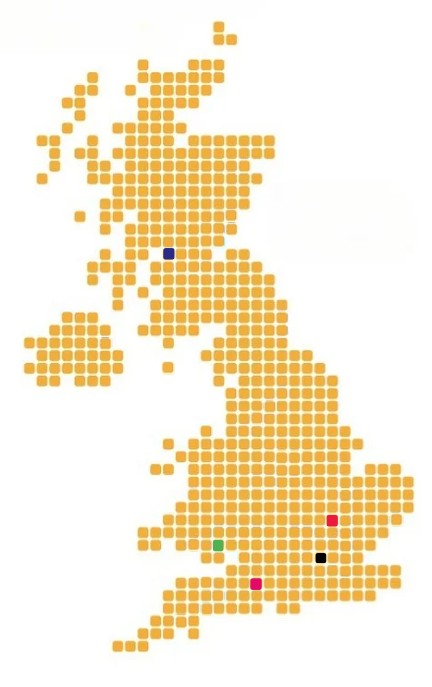
AQLight
Project Lead: Thalia Dominguez-Bucio, University of Southampton
In this project, we are partnering with Aquark Technologies to develop a compact, cost-effective silicon photonic integrated circuit to replace traditional bulky fibre collimators in cold-atom systems. Our aim is to design, fabricate, and characterise a first prototype that will drive system miniaturisation and scalability, which are key enablers for the commercial rollout of cold-atom quantum technologies. This innovation will support the advancement of next-generation atomic clocks and quantum sensors, with applications in navigation, telecommunications, and environmental monitoring, ultimately contributing to the broader adoption and impact of quantum technologies.
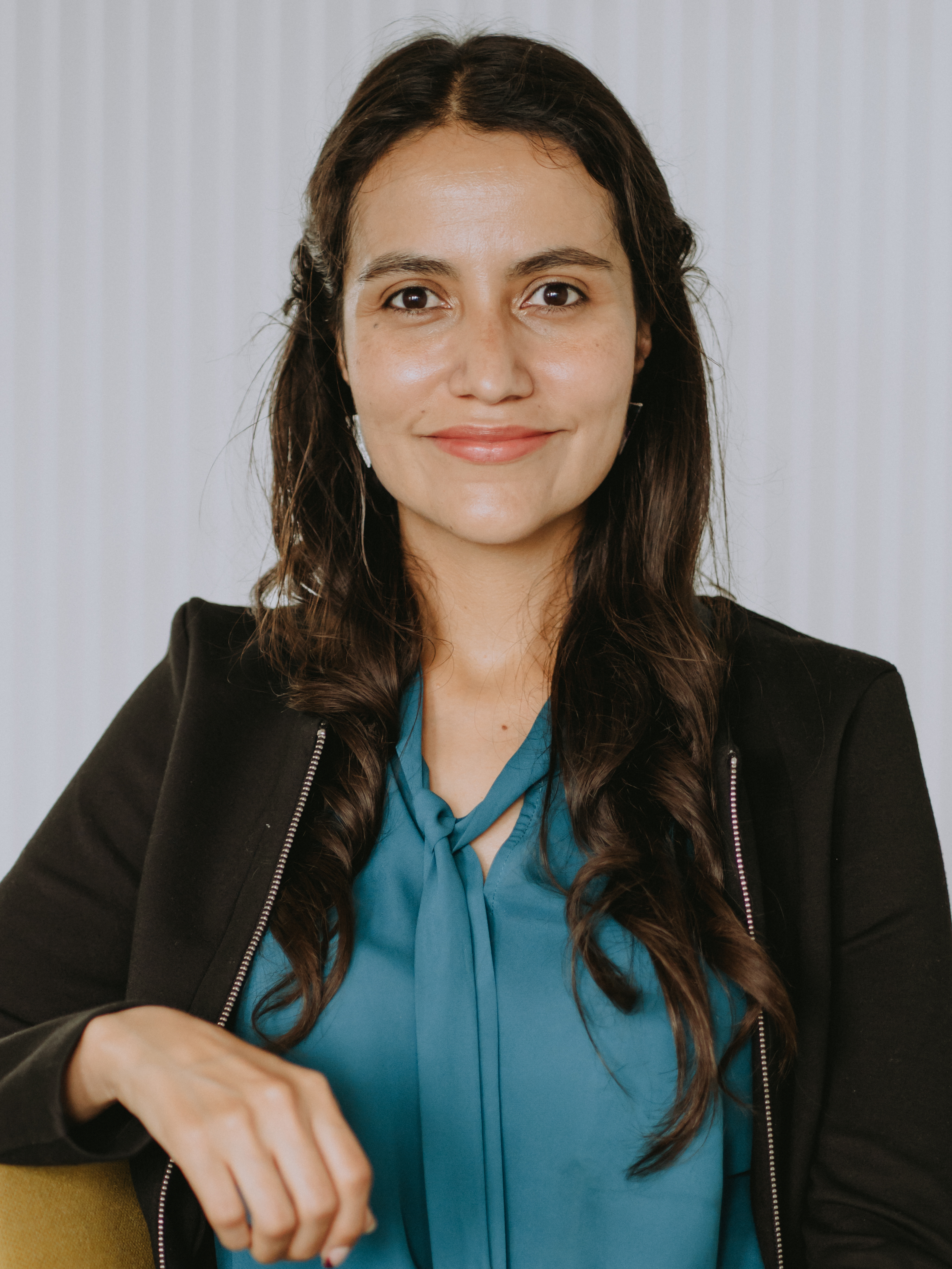
CLEAR-PICS
Project Lead: John Hadden, Cardiff University
Pollutant detection in wastewater is critical for public-health and environmental protection, yet current methods are slow, costly, and reliant on laboratory testing. CLEAR-PICS – a collaboration between researchers at Cardiff University, Wave Photonics, and Welsh Water will sense even the smallest traces of harmful pollutants in water quickly and accurately, by combining optical chips with coatings that bind to contaminants. This will safeguard public health, maintaining cleaner and safer water sources, while pathfinding a UK-led route to commercial adoption of integrated photonic biosensors.
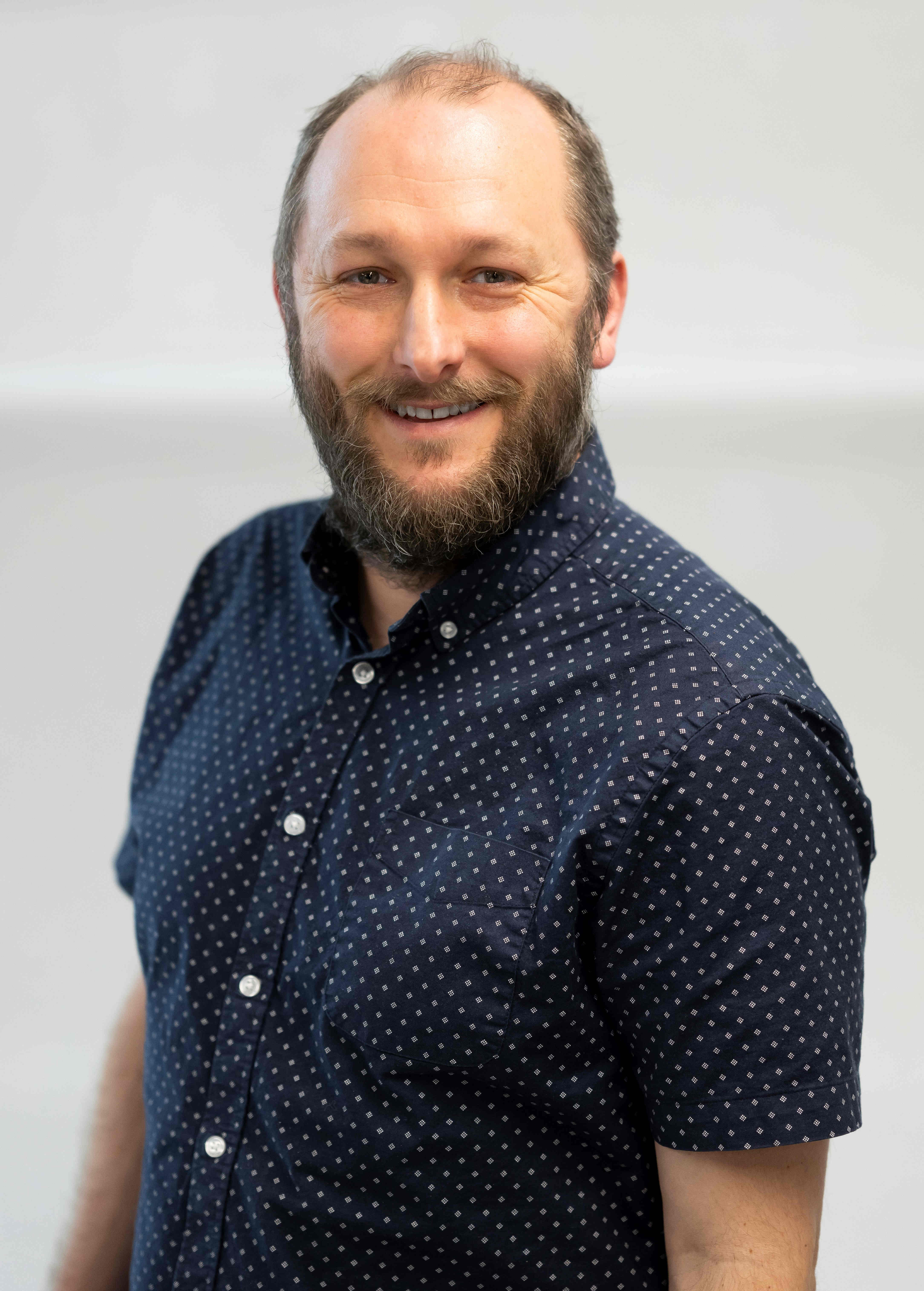
Photonic Array for Highly-efficient Large-scale Ion Addressing
Project Lead: Amit Agrawal, University of Cambridge
This collaboration between University of Cambridge, Dept of Engineering and Quantinuum Ltd aims to shrink the complex optical systems used for laser beam delivery in trapped atom and ion–based quantum computers. By combining tiny light-guiding circuits (called photonic integrated circuits or PICs) and special multifunctional optics (called metasurfaces), we are building a monolithic device that can precisely control and deliver 100’s of laser beams at multiple wavelengths (or colors). This will replace the current complex, bulky, hand-aligned systems, making quantum computers easier to build, cheaper and more scalable.

Q-SONIC: A New Platform for Advanced Electron Microscopy
Project Lead: Peter Barker, University College London
Q-SONIC is developing a new kind of chip that uses quantum technology to enable greater control and stability during high-resolution imaging in electron microscopes. This breakthrough will allow researchers to observe nanoscale particles—such as viruses or materials used in electronics and medicine—with improved precision and speed. Designed for seamless integration into existing instruments, the technology will support faster discoveries, reduce waste, and open up new possibilities in diagnostics, materials research, and drug development. Developed in collaboration with UK industry partners, Q-SONIC demonstrates how advanced chip technologies can transform scientific tools and support innovation across multiple sectors.
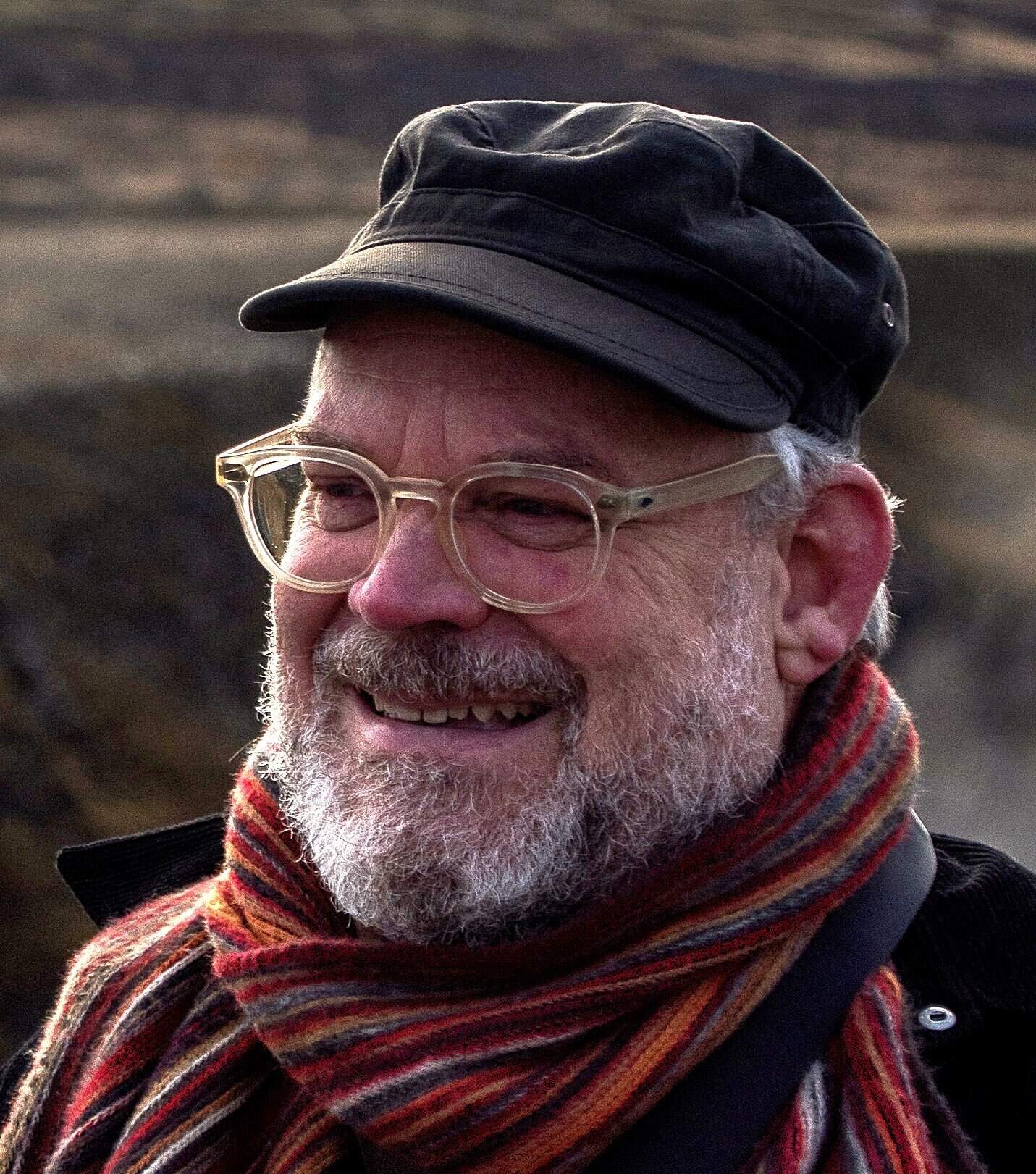
Silicon photonics for application in Optical Coherence Tomography (OCT) systems
Project Lead: Michael Strain, University of Strathclyde
Optical Coherence Tomography (OCT) is a non-invasive imaging technique commonly used to generate cross-sectional views of the retina. Most OCT systems are based on free-space and optical fibre components to perform the interference and measurement of light signals from the imaging system. Integrated optics and silicon photonics in-particular, offer an attractive means for miniaturisation of these optical components, alongside enhanced mechanical stability, and manufacturing cost reduction compared to traditional fibre-based OCT systems. In this project the University of Strathclyde and Optos Plc. will develop compact photonic chips for use in OCT systems.
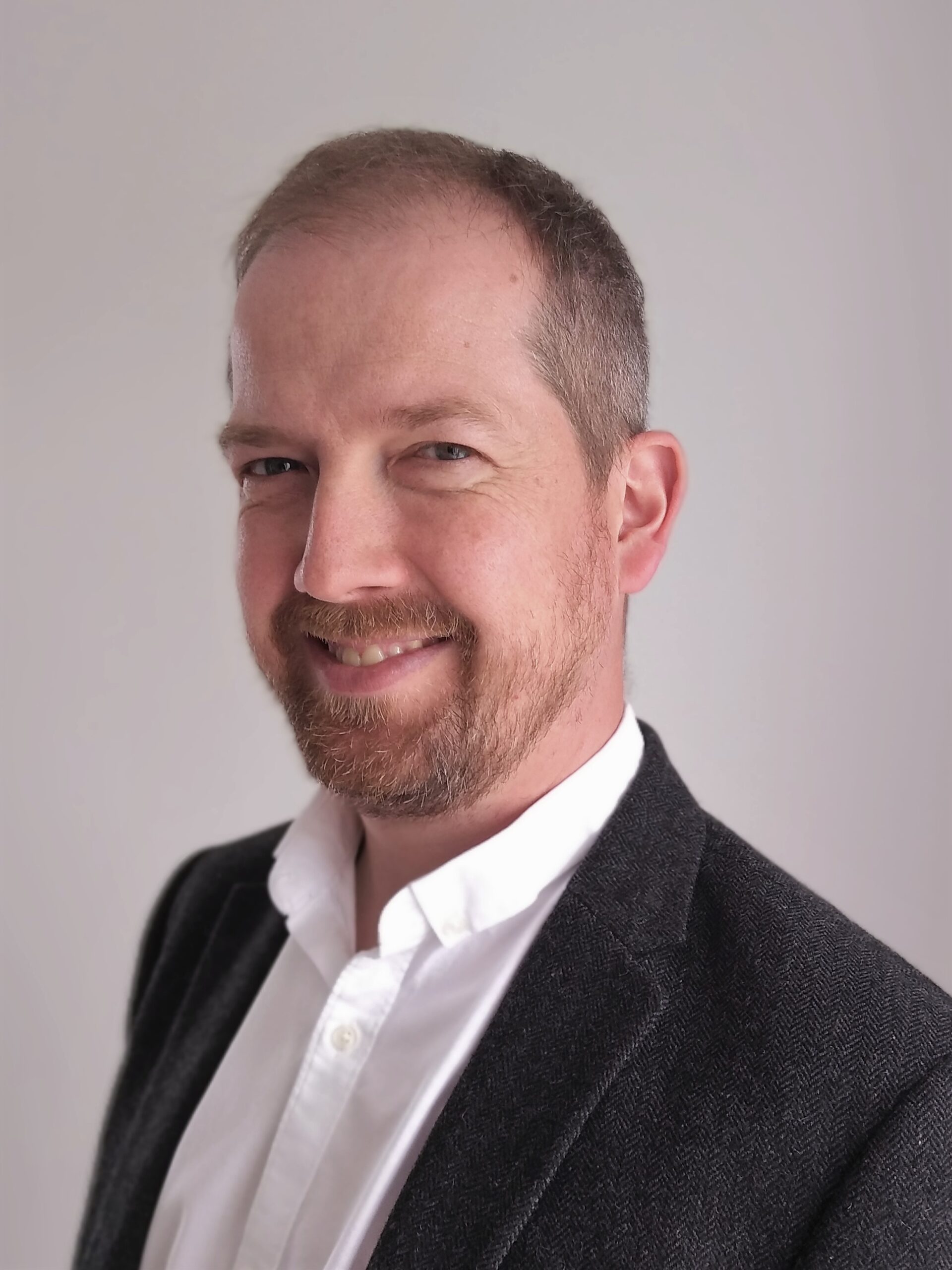
Stay in touch
We’d love to send you our newsletter. You’ll be the first to hear about the latest MPW runs, funding opportunities, training opportunities and news.
